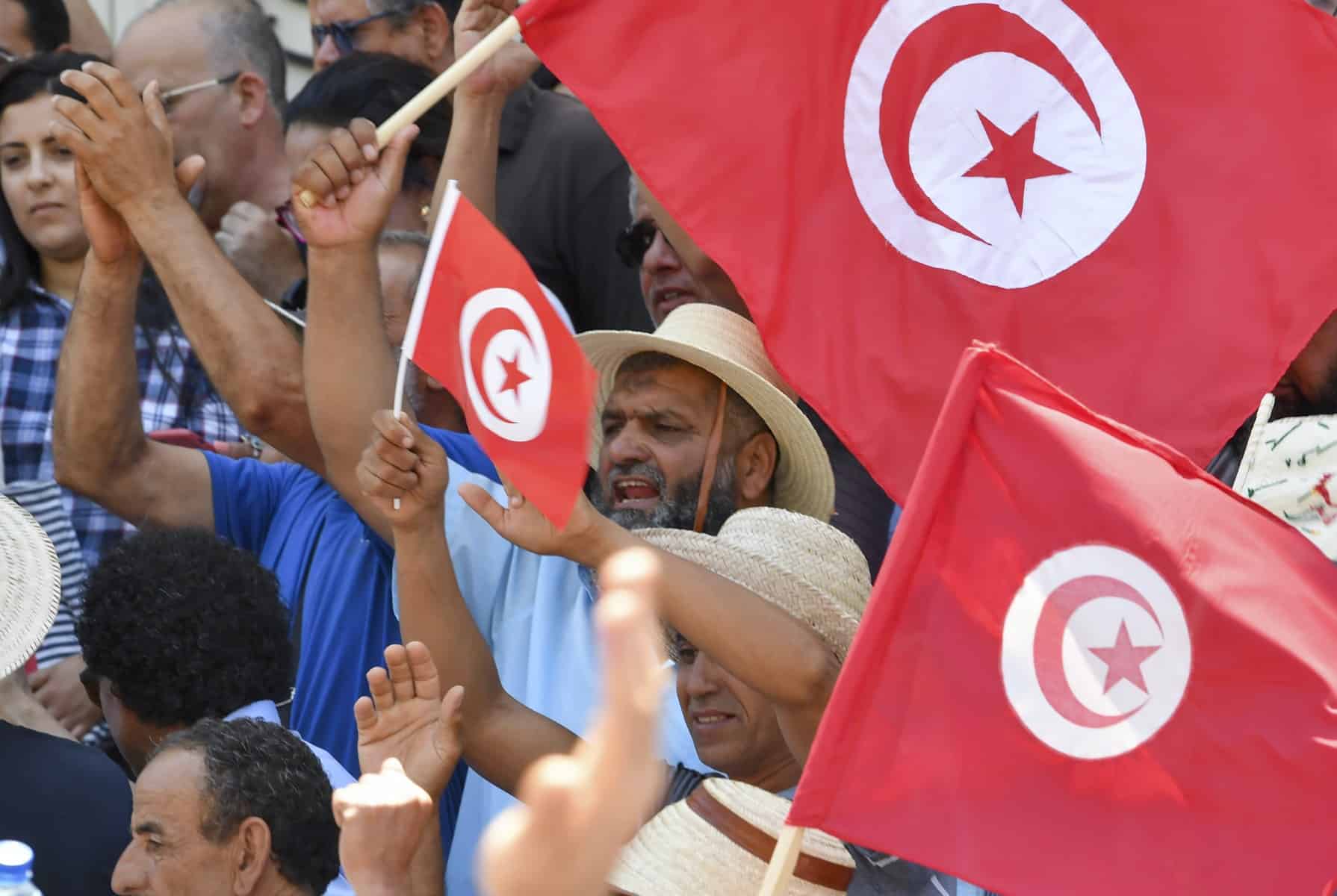Officials from the International Monetary Fund began a visit to Tunisia on Monday to start negotiations over a bailout package for the North African country’s crippled economy, the central bank said.
The Tunisian central bank’s press office told AFP that the two-week visit would involve officials from the bank and the finance ministry.
The talks will examine a reform plan presented by the Tunisian government which aims to meet IMF conditions for a loan, experts say is likely to be worth around two billion euros.
The North African country, the birthplace of the 2011 Arab Spring uprisings, has been suffering under a grinding economic crisis and exploding public debt exacerbated by the coronavirus pandemic and the war in Ukraine.
The government of President Kais Saied, who last year staged a dramatic power grab, has proposed a reform package that includes freezing the public wage bill, cutting some subsidies and restructuring state firms.
But the powerful UGTT trade union, which staged a nationwide public sector strike last month over pay, has rejected “painful options” aimed at meeting IMF demands.
“We support reforms, but we don’t share the vision of reforms supported by this government,” UGTT head Noureddine Taboubi said.
Saied met the IMF’s regional chief Jihad Azour last month, telling him he “recognized the need to introduce major reforms”, but insisting that such changes must “take social impacts into account”.
An IMF team said in March that the country faced “major structural challenges”, with low growth and investment, along with high unemployment and gaping inequality.
Those woes have become ever more acute as the war in Ukraine has sent prices of key energy and food imports soaring.








